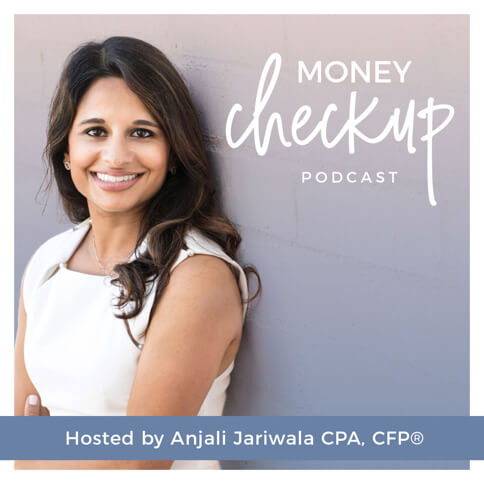Many of us spend more money in November and December than we do during the rest of the year. Buying gifts account for some of that uptake, of course. But we’re also attending holiday parties, making year-end donations, eating dinner with visiting friends and family, or traveling ourselves.
You don’t have to press pause on your financial goals during the holiday spending spree. It just takes planning.
Create a holiday budget
Well before the barrage of ads for Black Friday sales, make a list of everyone you need to buy a gift for during the upcoming holiday season. Make sure to include kids’ teachers, stocking stuffers, and other incidentals. Then, decide how much you’re willing to spend in total. Allocate that amount of money to everyone on your list.
If you’re surprised by how much you may need to spend on each person, consider making changes to your list. Consider buying household gifts like board games for families with children, rather than gifting each person their own item. If you exchange gifts with a group of friends, neighbors, siblings or cousins, see if they’re open to a Secret Santa this year instead.
Once you’ve created a budget, add a 5% cushion to guard against unexpected expenses.
Finally, start setting money aside. As with most savings goals, I recommend putting holiday money in a separate account so that you have the funds available when you need to start shopping. If you’re worried about over-spending, consider creating an account with a debit card that you can use exclusively for gift purchases.
Make your gift-giving personal
About five years ago, my family and I decided that we really didn’t need anything for the holidays. We have plenty of stuff — sometimes too much stuff. So instead of buying gifts for one another, we donate to a charitable cause instead.
We usually choose something like Toys for Tots, where we can buy toys or clothes for needy families. We spend a day together shopping as a family, and sometimes we wrap the gifts ourselves too. It’s a great way to spend time together, and of course, we get to help out people in need.
It’s easy to extend these principles to other people on your gift list, too. Consider making something, especially for family members or neighbors — baked goods often go over well. If you have kids, remember that there’s nothing grandparents, aunts and uncles love more than crafts made by kids.
Often, all grandparents really want is to see their kids and grandkids. Give your parents a visit in lieu of a gift. For that matter, all friends really want is to see one another, too — so instead of sending your friends small gifts, plan a potluck or small party so everyone can catch up.
Search for seasonal deals
Black Friday, as exhausting as it can be, is a genuinely good time to buy from big-box stores. Prices are low and coupons are often available. Do your research so you know exactly what you need and can find it right away.
If you missed Black Friday, don’t worry — with online shopping, it’s easy to compare prices, find coupon codes and otherwise avoid paying full retail price.
In general, I prefer online shopping to shopping in stores, unless I’m looking for unique gifts. Online, you’re less likely to make an impulse purchase. It’s easy to compare prices across several stores. And you get to save the time and stress of visiting a busy shopping center during the holidays.
If you do most of your shopping online, don’t forget to review shipping costs and return policies, especially those involving gift receipts. Many retailers offer extended return windows after the holidays, but not all.
Don’t give in to holiday guilt
It’s easy to feel inadequate during the season of giving. Try to resist the urge to spend more than you planned. If you feel like you need to show deep appreciation for someone, spend some time thinking about how to do that creatively using the money you’ve set aside.
Remember, you’re not alone during this season. Everyone experiences the pressure to impress others with holiday gift-giving. That’s another great reason to invite friends to a Secret Santa or a potluck — you can relieve some of their stress, which is a gift in itself.
Review your spending after the holidays
After you take down your holiday decorations and eat all your party leftovers, take a few hours to review the last few months of spending.
Return to your initial budget. Were you able to stick to it? If you stayed under your spending limit, congratulations on your excellent planning!
If you went over, try to figure out why. Did you simply under-budget? If so, start saving for the holidays earlier in the year so you can put away more for 2020.
On the other hand, maybe your budget was on target but you simply over-spent. Spend some time thinking about what holiday pressures affect you:
- Do you struggle to stay focused while you shop and throw a few additional things in your cart each time? Maybe shopping online would be a better fit for you.
- Did you try to keep up with the Joneses, or their kids, by springing for a toy you weren’t planning to buy? Talk to your partner about how you can explain concepts like budgeting to your kids.
- Do you prefer to buy big gifts rather than small ones? That’s OK — just plan ahead next year for giving gifts to fewer people or by giving fewer, larger gifts.
Happy holidays from my family to yours!




